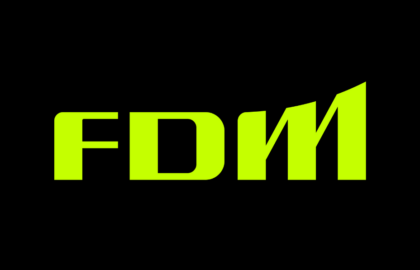As we celebrate Black History Month, our industry often reflects on the accomplishments, contributions and opportunities to make the sector a more representative and inclusive segment of the economy. There’s much to celebrate and acknowledge in Black Americans’ contributions to STEM. But the industry has a lot of work to do: Black tech professionals make up only 7% of the high tech sector. It’s time to change that. (U.S. Equal Employment opportunity Commission). McKinsey & Company reported that Inclusion drives increased collaboration, higher employee engagement rates, lowered turnover, stronger brand identity and ultimately improved profits.
It’s now well-documented that diverse teams perform better. According to Gartner, diverse organizations perform 12% better than their non-diverse peers, and gender-diverse and inclusive teams outperform gender-homogeneous, less inclusive teams by 50%.
At Flatiron School, we’ve always believed that teams who reflect the diversity of problems and perspectives in the world will build better products and drive more innovation — that they’re the only teams effectively set up to build for the whole world. Most business leaders we speak with agree.
Yet, according to Fast Company 68% of business leaders report a lack of diversity in their tech workforce.
We can work together to bridge the gap between discussion and execution.
Flatiron School offers scholarships to support individuals with diverse backgrounds to get into tech; we strive to make our curriculum approachable for individuals of all experiences and backgrounds. We welcome and actively seek out different perspectives in the classroom because we know those conversations and viewpoints enhance the learning experience for every student. And we work with organizations from Fortune 500 companies to top universities to invite, recruit, educate, and place underrepresented talent into high-potential tech careers.




